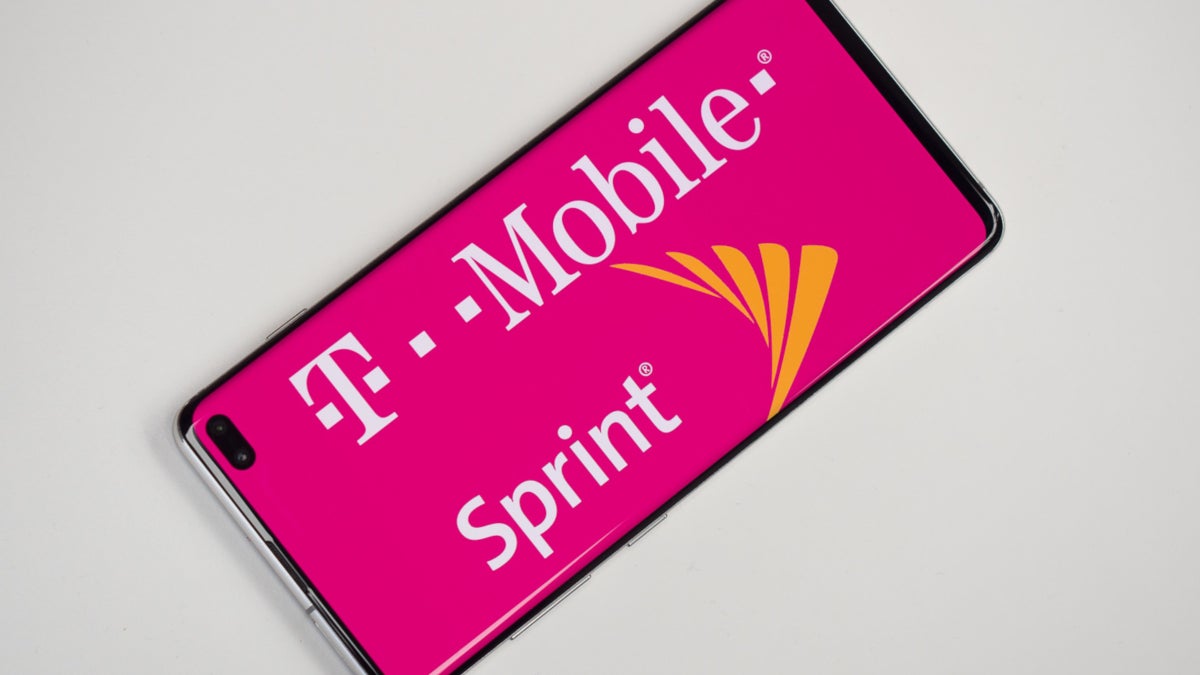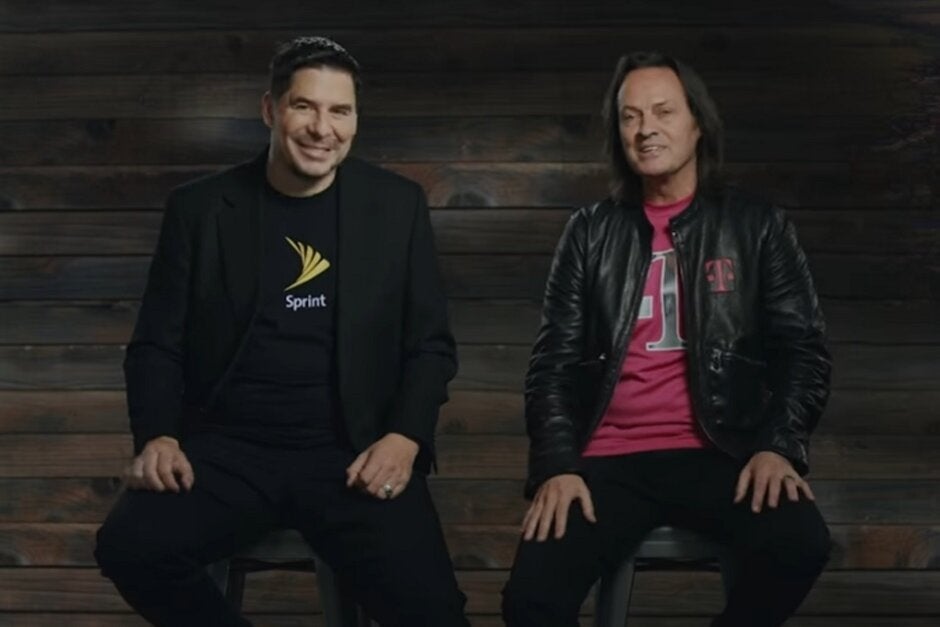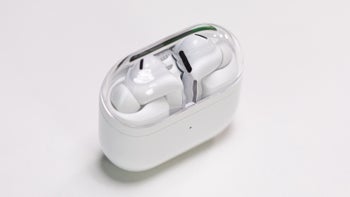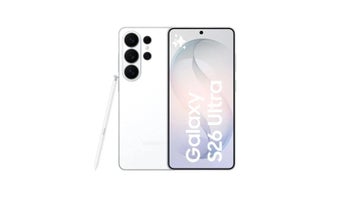T-Mobile merger with Sprint takes a giant leap forward; deal will improve carrier's 5G network

One thing that the COVID-19 pandemic did was to make everyone forget all about the $23.5 billion merger between T-Mobile and Sprint. However, Bloomberg reports that the 16 banks funding the merger haven't forgotten and they will be providing $23 billion in loans to T-Mobile in order to get the deal done. Originally, the banks had planned on selling the debt to investors, but in the wake of the coronavirus outbreak, those plans were scrapped.
So that leaves the banks on the hook to deliver the money by tomorrow, April 1st. The financial institutions were informed yesterday that the funds are needed by that date so that the merger can move closer to completion. This is not a great time for the banks to be stuck with $23 billion of debt on their books especially since many corporations are withdrawing cash from their revolving credit lines. Bloomberg computes that such facilities have been drawn down by a staggering $190 billion just since March 9th. Last week alone, U.S. companies borrowed $109 billion, a record amount for the time period.
T-Mobile hopes to repay $19 billion of the loan as soon as financial markets have recovered from the current crisis
According to a company filing, the banks with the largest exposure to the merger (each taking down 11.83% of the loan) include Barclays Plc, Credit Suisse Group AG, Deutsche Bank AG, Goldman Sachs Group Inc., Morgan Stanley and Royal Bank of Canada. Other banks involved in the loan are BNP, Commerzbank, Credit Agricole, TD, Wells Fargo, Banco Santander, Societe Generale, SunTrust, NatWest, and US Bank. The last ten institutions are each responsible for providing 4.8% to 1% of the loan.

The T-Mobile-Sprint merger was announced nearly two years ago
The credit ratings of T-Mobile and Sprint are both below investment-grade which means that they are considered to be "Junk" (below Baa for Moody's and BBB for S&P). With a bit of financial engineering, the banks were able to structure the loans so that they are investment-grade and considered less risky for the banks to hold. However, this is the largest loan that banks were not able to sell to investors since the financial crisis of 2008.
Despite having to add the loan to their balance sheets, the banks do have an exit strategy that lowers their risk. $19 billion of the money will be released to T-Mobile via a 364-day bridge loan. The banks hope to refinance the loan by selling investment-grade bonds to investors next year. The remaining $4 billion is being offered as a seven-year term loan that will be given a high-grade investment rating. T-Mobile has indicated that it plans on refinancing the bridge loan as soon as it can; this will be determined by how long it ultimately takes the global financial debt markets to recover.
The merger was first announced on April 29th, 2018 and it took nearly two-years for the wireless operators to receive the necessary approvals from the FCC and Department of Justice (DOJ). To get this approval, T-Mobile agreed to some concessions and Sprint entered into a transaction with Dish Network to turn the latter into the "fourth nationwide facilities-based network competitor" replacing Sprint. Dish will pay $6 billion for all of Sprint's prepaid businesses which includes Boost Mobile, 9.3 million customers, 400 employees, 7,500 retail locations, and 14MHz of 800MHz spectrum. Dish will sign a seven-year MVNO agreement with T-Mobile that will allow it to offer wireless service under its name while it builds out a standalone 5G network.
T-Mobile has been feverishly working to get this deal done so that it can obtain Sprint's hoard of 2.5GHz mid-band spectrum. Hard to find in the states, the mid-band spectrum will be used by T-Mobile to enhance the quality and breadth of its nationwide 5G network. The plan is to combine the airwaves from Sprint with T-Mobile's 600MHz low-band spectrum and its high-band mmWave airwaves.
Follow us on Google News













Things that are NOT allowed:
To help keep our community safe and free from spam, we apply temporary limits to newly created accounts: